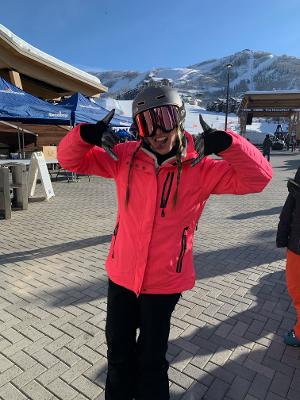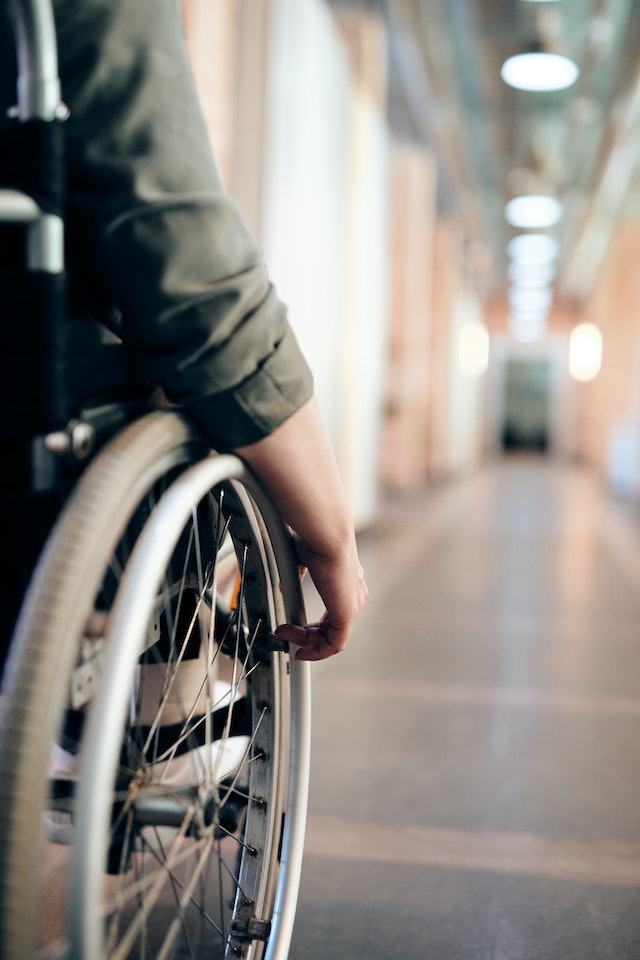When the temperature drops and the snow falls, hitting the ski slopes and ice skating rinks are on the minds of millions. But while these activities can be challenging and exhilarating, they can also cause accidents.
Driving a snowmobile is great winter fun, but potential injury may not be taken seriously. A person may flip or be thrown while snowmobiling. Someone skiing may hit a tree or a rock. These accidents may lead to serious injuries like “TBI” or traumatic brain injury.
Some of the injuries can be mild and cause confusion for a few minutes. Others, however, can be severe and cause permanent disability or even death.
Many of these accidents and injuries, however, may be avoided. Below are some tips on how to prevent head injuries from winter sports:
1. Ensure you’re fit enough. Just like any other sport, it’s important that your body is prepared before doing a strenuous activity. Depending on the specific sport, you should be conditioning your body weeks, or even months, in advance. This includes physical exercises, diet, and mind conditioning. It is best to consult experts so that you are properly guided as you prepare for the adventure.
2. Undergo training. Many of the winter sports require some training. Ensure that you have undergone adequate lessons before engaging in the said sport. Also, do not rush trying out moves or turns that are way beyond your ability level.
3. Get enough sleep. A 2018 study shows that sleeping only 6 hours per night increases crash risk by 33% compared to those who get 7-8 hours. [1] Lack of sleep can weaken certain cognitive functions such as psychomotor function and the speed at which our brain processes information. [2] Make sure you’ve had enough sleep the night before your activity.
4. Ensure the location is safe. Be thorough when choosing your location. When looking for a hill to ski or sled, for example, find one that is clear of trees and other obstructions and make sure it’s not too steep which increases the risk of flipping or being thrown.
5. Check your equipment. Just like your body, the equipment you use should also be in the best shape. Inspect your equipment as well as the protective gears days in advance. Have them repaired or replaced if necessary.
6. Wear a helmet properly. In an extensive review of controlled studies, it was found that wearing a helmet reduced the risk of head, brain, and even severe brain injury by 63-80% for bicycle riders, 69% for motor vehicle riders, and 68% for the other causes. [3] Wear the appropriate helmet, and properly, when playing winter sports like skiing, snowboarding, and other sports that require wearing one.
7. Take some rest. When we’re having fun, it is easy for us to forget or even disregard a lot of things like taking some rest. We usually don’t realize we have spent too much energy already, especially because of the adrenaline rush. Take some rest from time to time and drink enough water. Also, listen to your body. Do not overexert yourself. Stop when you know you’re already exhausted.
Summary
Winter sports can be a very fun activity for many people but it should be kept in mind that they also come with risks. There are things that can be done to prevent accidents. It is better to be over prepared especially when it comes to safety.
NOTES
[1] Gottlieb, D., Ellenbogen, J., Bianchi, M., Czeisler, C. (2018) Sleep deficiency and motor vehicle crash risk in the general population: a prospective cohort study. BMC Med. 16: 44. https://www.ncbi.nlm.nih.gov/pmc/articles/PMC5859531/
[2] Goel, N. , Rao, H., Durmer, J., Dinges, D. (2009 Sep) Neurocognitive consequences of sleep deprivation. Semin Neurol. 29(4):320-39. https://pubmed.ncbi.nlm.nih.gov/19742409/
[3] Thompson DC, Rivara FP, Thompson R. (2000;1999(2)) Helmets for preventing head and facial injuries in bicyclists. Cochrane Database Syst Rev. https://www.ncbi.nlm.nih.gov/pmc/articles/PMC7025438/



